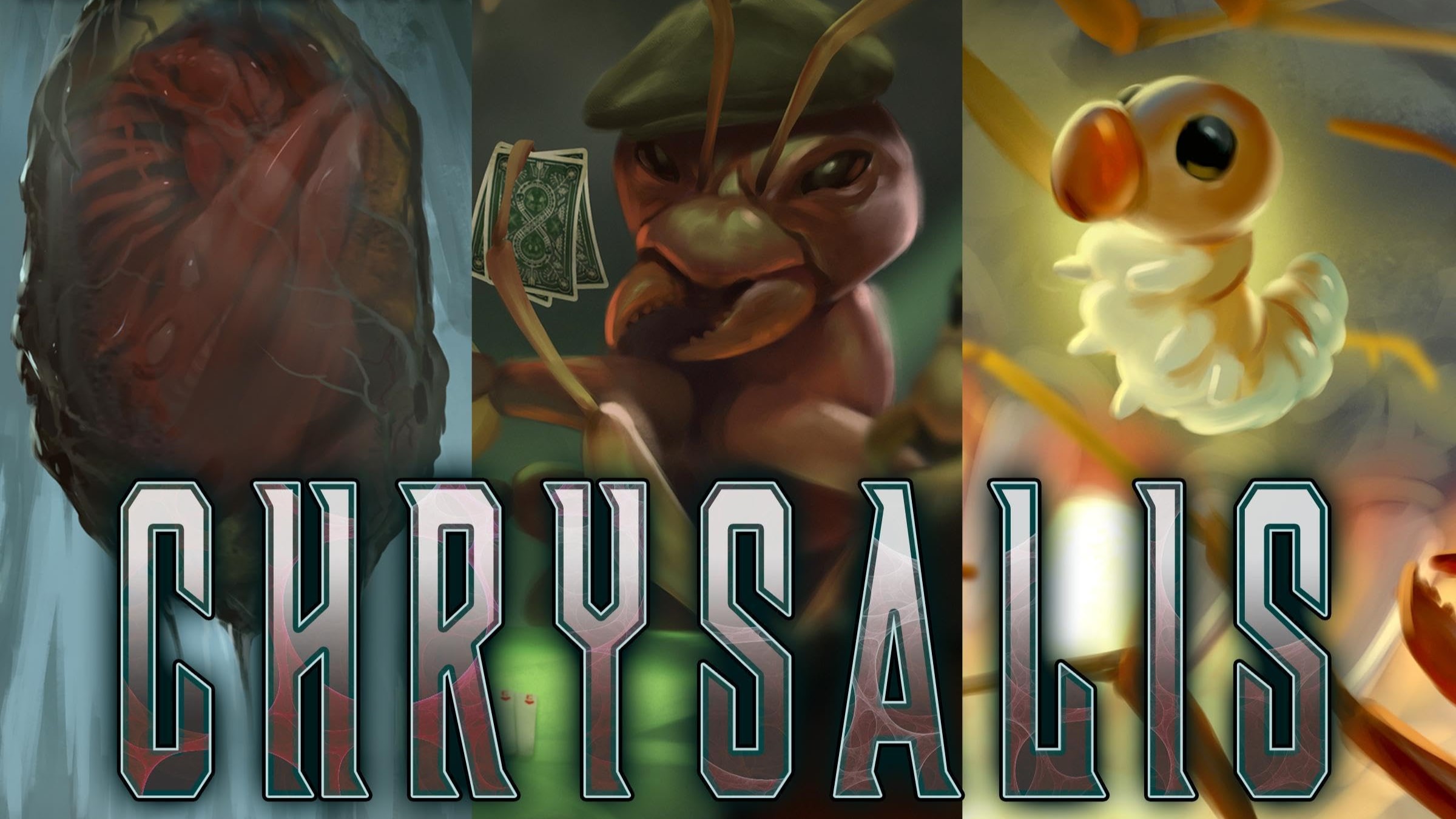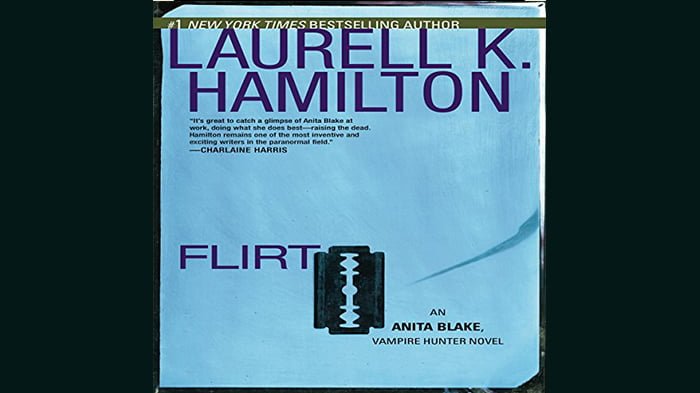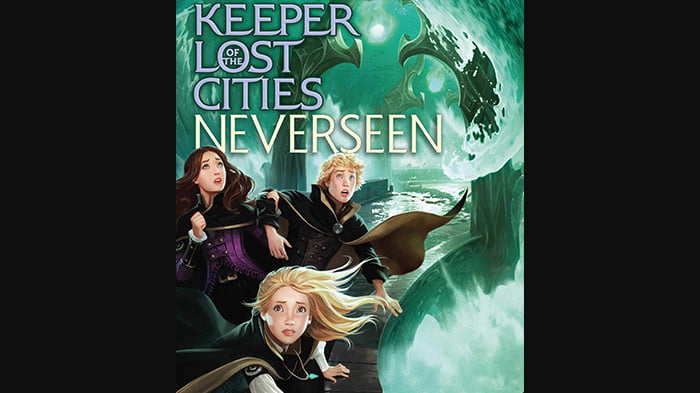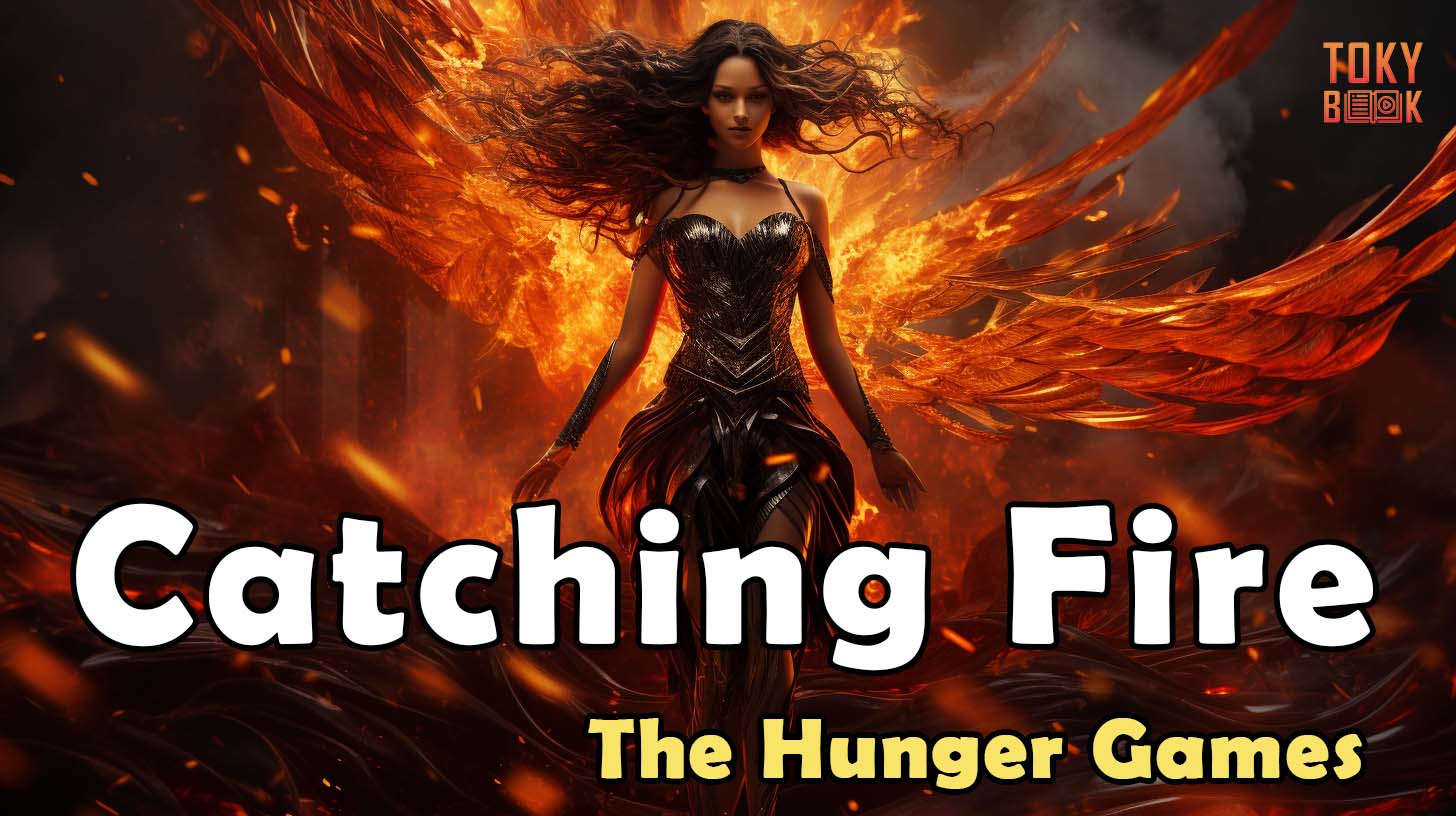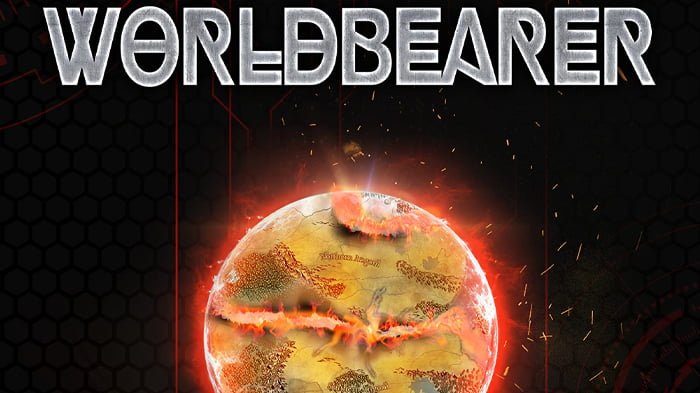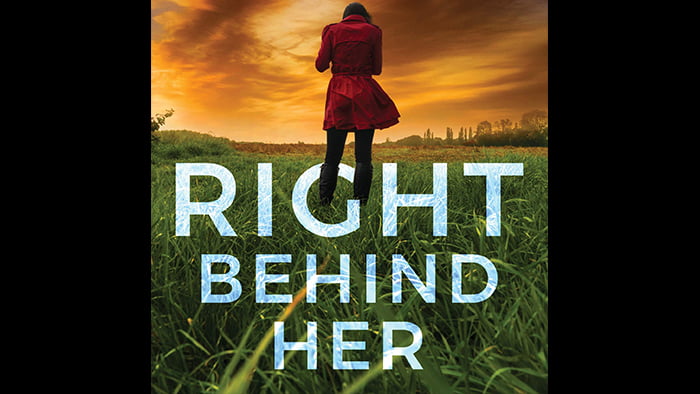“FantasticLand” presents a horrifying and thought-provoking premise that feels eerily plausible in our increasingly digital age. The book summary wastes no time in setting the stage, juxtaposing the once-joyful atmosphere of a theme park with the gruesome aftermath of a hurricane that left the park isolated and its employees descending into savagery. It’s a stark and unsettling contrast that immediately grabs the reader’s attention and sets the tone for the dark tale about to unfold.
The author’s choice to structure the narrative as an investigative report, interwoven with first-person accounts from the survivors, is a compelling one. This fragmented approach lends an air of authenticity to the story, as if the reader is sifting through the pieces of a real-life tragedy, trying to understand how things could have gone so horribly wrong. It also serves to heighten the sense of horror and chaos, as we’re thrown into the middle of the aftermath and left to piece together the events through the fractured recollections of those who lived through it.
The summary touches on some weighty themes that promise to elevate the story beyond a simple tale of survival horror. The idea that the employees’ carefully crafted online personas crumble when they’re cut off from the digital world is a poignant commentary on the performative nature of social media and the way it can shape our identities. It suggests that beneath the surface of our curated online selves, there’s a more primal, ruthless nature waiting to be unleashed.
This theme is further explored through the way the survivors quickly splinter into warring factions, each vying for control over the park’s dwindling resources. The Pirates, ShopGirls, Freaks, and Mole People – these tribes represent a microcosm of society, stripped down to its barest, most brutal form. It’s a chilling reminder of how thin the veneer of civilization can be, and how quickly we can turn on each other when pushed to the brink.
The comparisons to “Lord of the Flies” and “Battle Royale” are apt, as “FantasticLand” seems to be treading similar thematic ground. However, the modern twist of a world shaped by social media and the sudden disconnect from it helps to differentiate this story and make it feel more relevant to our current moment. It taps into the unease many of us feel about our dependence on technology and the way it mediates our interactions with the world.
The vivid, visceral details sprinkled throughout the summary – the heads on spikes, the human bones littering the gift shops – paint a grim picture of just how far the survivors have fallen. It’s a testament to the author’s skill at crafting evocative, unsettling imagery that these brief glimpses are enough to make the reader’s skin crawl.
At the same time, the summary leaves plenty of tantalizing questions unanswered. What drove these mostly young, college-aged employees to such extremes of violence and depravity? Were there any heroes or moments of humanity amidst the horror? And perhaps most chillingly, could something like this actually happen in our world, where so much of our lives and identities are tied up in the digital realm?
These open questions leave the reader eager to dive into the full story and uncover the answers for themselves. “FantasticLand” promises to be a gripping, emotionally challenging read that will linger long after the final page is turned.
One potential drawback is that the story’s unflinching brutality and dark themes may not be for everyone. The mention of “human flesh” being one of the things the survivors compete for suggests that the book pulls no punches when it comes to depicting the depths of human depravity. Some readers may find this level of violence and horror off-putting or simply too disturbing.
However, for those willing to brave the dark depths of “FantasticLand,” the payoff seems to be a thought-provoking, emotionally resonant story that holds up a mirror to our society and asks some uncomfortable questions about human nature and our relationship with technology. It’s a story that feels all too timely and relevant, even as it takes us to the extremes of human behavior.
In conclusion, the summary of “FantasticLand” paints a picture of a novel that is equal parts horrifying, thought-provoking, and impossible to put down. The author’s unique narrative structure, vivid imagery, and biting social commentary all work together to create a story that promises to be both a white-knuckle thriller and a searing indictment of our digitally-mediated lives. If the full novel can deliver on the dark, compelling promise of this summary, “FantasticLand” is sure to be a hit with fans of horror, survival stories, and anyone who’s ever wondered just how far we might fall if our carefully constructed online world comes crashing down around us.
 Skip to content
Skip to content

